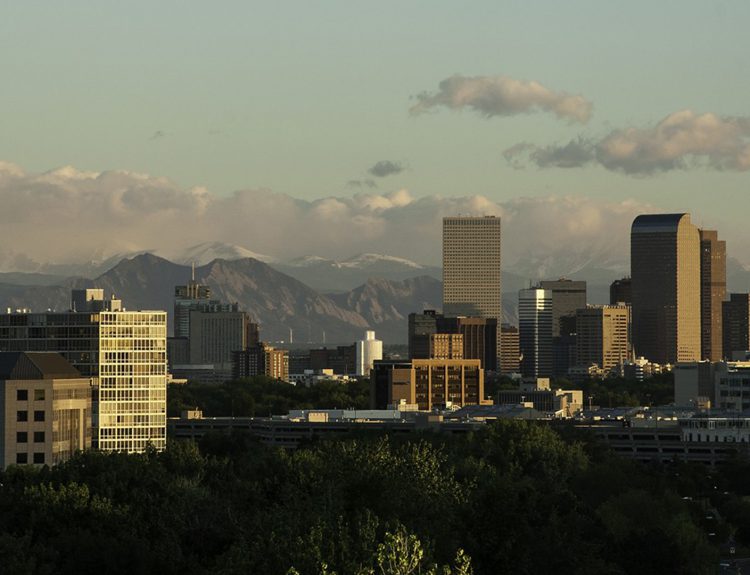The 99-cent store has become a welcome sight to many people, but over the last month in California, many stores have shut their doors. California will see 265 of these 99-cent stores close their doors in the coming month. Let’s see what caused the decision to shutter the business.
An Excellent Budget-Friendly Option
Most low-income and middle-income families would have gotten used to having these 99-cent stores as a great budget-friendly alternative to shopping at larger chain stores.
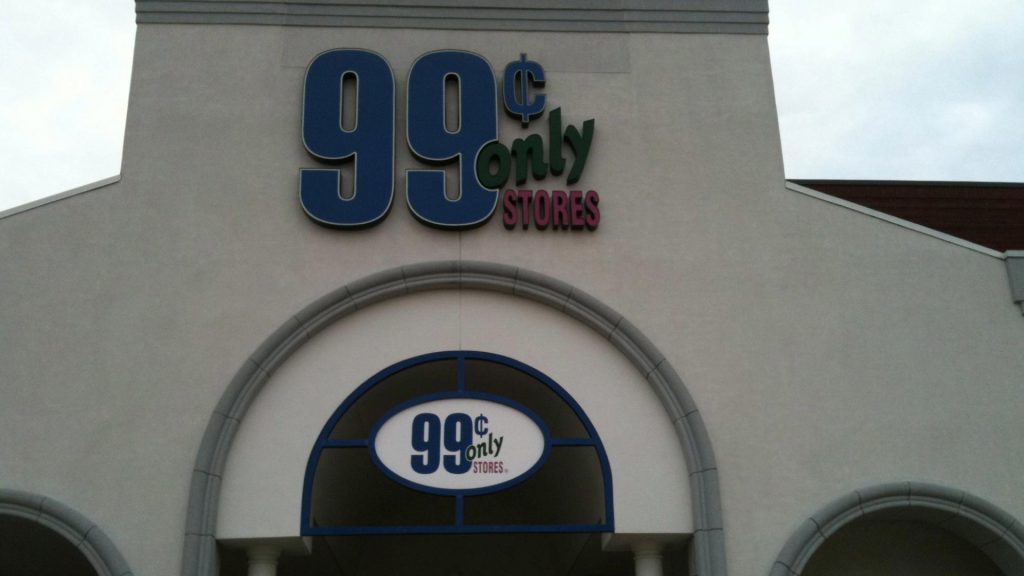
While there wasn’t any chance of getting brand-name stuff in these stores, the products they provided were ideally suited to a niche of buyer who wanted to limit their expenses.
A Fixture in the California Retail Scene
The line of 99-cent stores was established in 1982 and has become a significant part of the California retail scene. In a state where the cost of living is so high, it has been a lifeline to many.

This business closure is another example of how hard it is for a company to do business in the state these days. However, beyond that, it also means that many people who depend on the store will lose out.
Poor People End Up Suffering
Some people were quick to point out that Governor Gavin Newsom’s new policies on minimum wage and the amount of taxes businesses have to pay have been hobbling them. Companies have had to shutter because they can’t pay their workers what Newsom believes is a livable wage.

Local resident Rick Juarez, a former customer of the 99-cent store, lays the blame squarely on the governor and highlights that these policies end up hurting people with low incomes instead of helping them. Poor people can’t afford to shop at regular grocery stores because of the prices.
A Hard Loss For Many People
Juares is only one of thousands of people who rely on the store to give them the supplies they need to survive. California is not a cheap place to live. The state has the highest cost of living in the country.
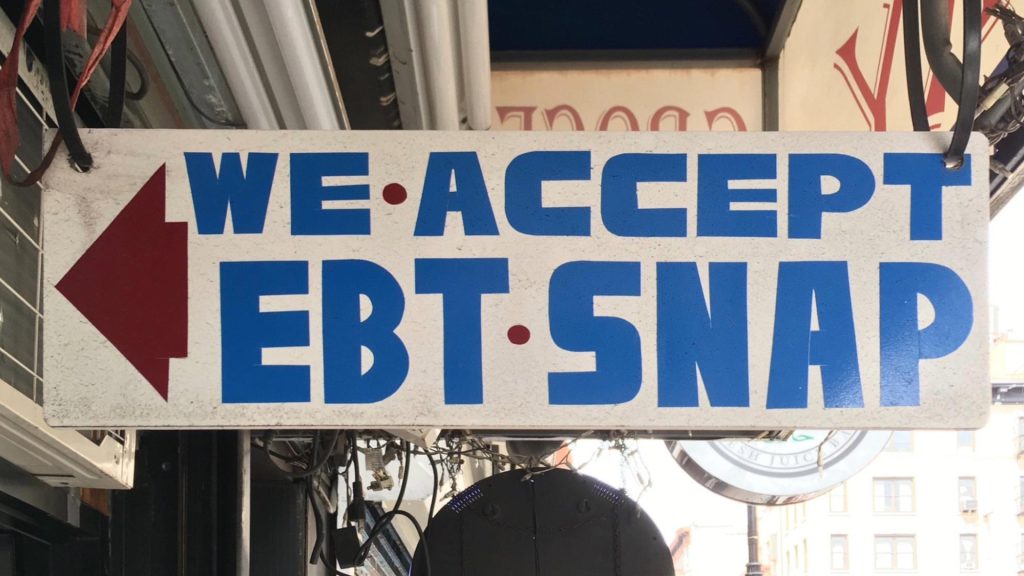
The 99-cent store closure will impact the poorest communities the hardest because these stores were the only ones providing the necessities they needed at a price they could afford. Now, even with welfare programs like SNAP, they will struggle to put food on their tables.
Stocking Up On Necessities
With closures happening soon, many of the store’s current customers realize that they have to stock up on resources and are flooding the stores to get as much as they can before they shutter.
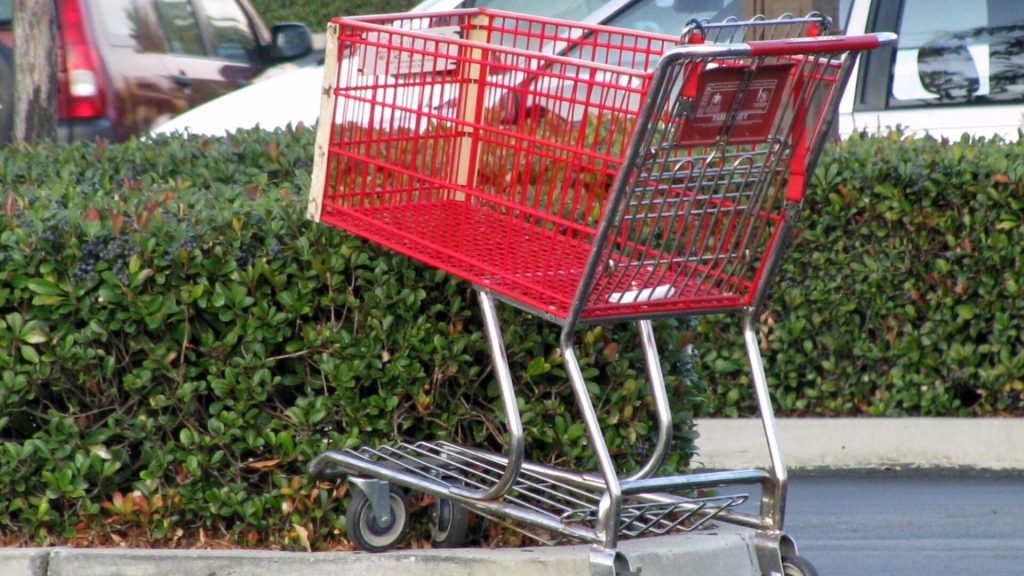
Some people say it’s like watching people heading into a grocery store before a natural disaster. This is even worse than a natural disaster for some of California’s residents.
A Loss Of A Way Of Life
California’s poorest residents must rely on government programs to help them make ends meet. With the most recent pay increases to minimum wage, some of these employees will become disqualified.

As minimum-wage fast-food workers earn more, they will lose eligibility for many of the programs they depend on. The loss of the 99-cent store is just one more thing to worry about.
Everything Must Go Sales
As word of the closures spread, many outlets put up sale signs stating that everything must go. This is a chance for these outlets to make back some of their capital investment.
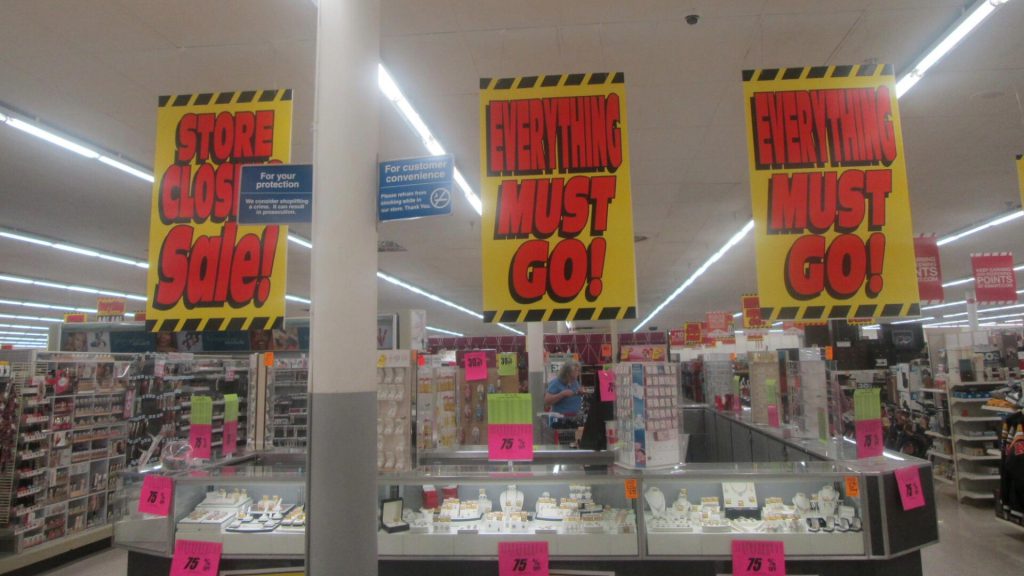
Since these stores won’t be restocked, this is the last chance for some buyers to get essentials like batteries. Items traditionally hard to sell have been discounted to make them easier to move.
A Crucial Role in Managing Family Budgets
The neighborhoods in which these stores have become fixtures make them crucial to many families’ budget plans. Instead of overspending on goods at the local supermarket, these families can be more conscious of their budget and spend less overall.

Newsom’s policies have created a situation where it’s no longer profitable to run these small stores, and they have to close out of necessity. The poorest among the population who legislation should be protecting are now left to fend for themselves, with little recourse.
A One-Stop Shop For Many
Families that relied on these 99-cent stores would use them as a source for more than just groceries and other basic necessities. Some families would even buy toys or other sundries from these places. Those families will be left without an affordable source for these goods.

As is typical in most governmental decisions, no one considers the actual on-the-ground economic impact that increasing the minimum wage is likely to have. However, the families that no longer have an affordable place to get household groceries notice, and they are not happy about it.
Not Enough Money For Other Grocery Stores
Without the support of a 99-cent store, many of the residents of low-income families will be forced to check out the higher-priced grocery stores. However, their dollar doesn’t stretch nearly as much in these larger stores. Most residents said that they felt they couldn’t afford to buy from a larger grocery store.
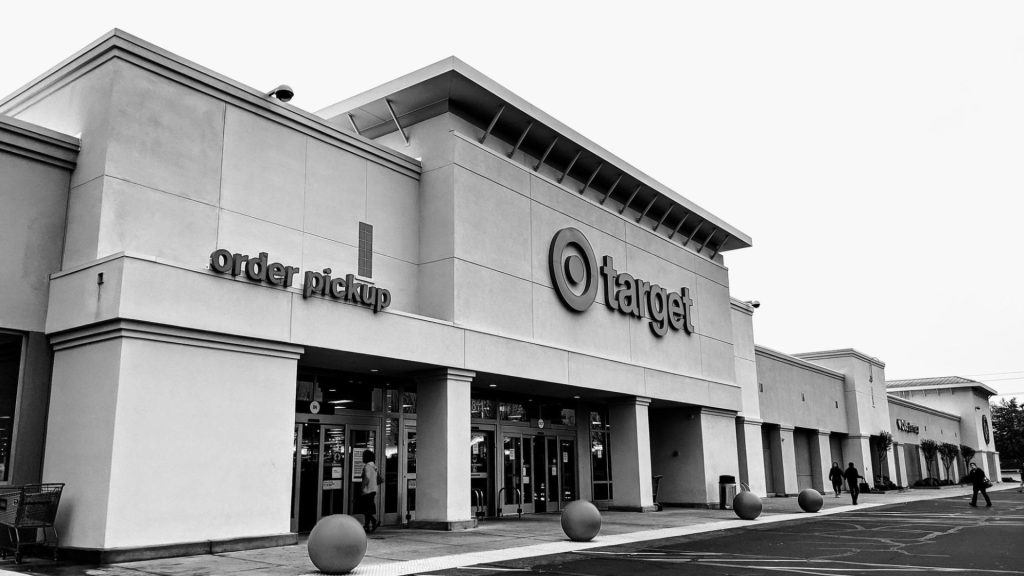
With the price of everything so much more expensive in these stores, it’s not viable for a truck driver or a menial worker to afford enough food for themselves, much less the family they’re supporting. Knock-on effects like these cripple people at lower economic levels.
An Extremely Difficult Decision
Interim CEO Mike Simoncic discussed the closures and admitted that the decision was difficult for the chain. He also added that closures were not the outcome they were aiming for, but operations weren’t sustainable given the amount they had to pay in taxes and payroll.

To combat this changing economic situation, Simoncic says that the chain needs to reevaluate how it does business and whether it is financially viable to continue as it is now. Supply lines would also need to be reevaluated to determine whether it is worth reopening or simply leaving those outlets closed.
Deep Consideration Before Closures Were Announced
Simoncic said that closures were the company’s last resort. Based on the business’s balance of trade and the performance of individual outlets, they were just not viable enough to leave them open. Compared with the amount they paid to the government in taxes and the amount to keep staff hired, it wasn’t feasible.

The company had invested a lot of time and effort to find ways to make those outlets more competitive. However, companies like these rely on moving large amounts of inventory to make a profit. With people buying even less now, less income was coming in. Coupled with the hefty tax bill demanded by the state, many of those outlets were closed indirectly because of state interference.
Bounce Back From Covid Was Less Than Impressive
The company had been struggling for a while, ever since the pandemic hit. Supply lines for these companies are short, and with fewer customers buying during COVID-19, there was lower turnover and smaller margins to operate. The company had hoped that it would recover when the pandemic was over.
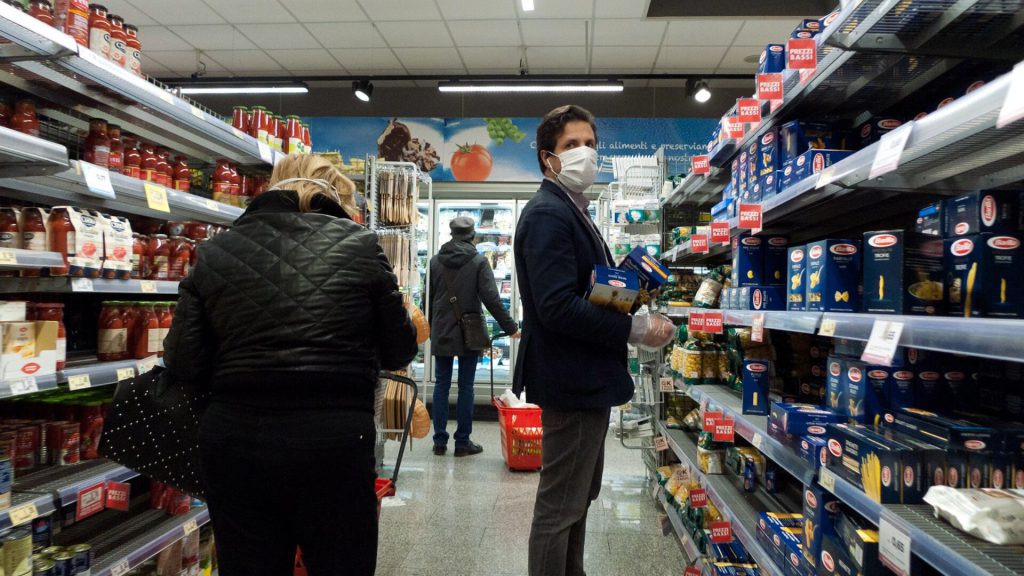
Sadly, after the pandemic, the situation seemed to get worse. Fewer people were shopping at their outlets, and the company was losing a lot of its income to expenses such as taxes and increased wages. It still had customers but couldn’t meet its obligations based on its current business model.
No Solid Timeline
The branch on Main Street is scheduled to close in June, giving customers a two-month window to get as much as they can from the store. This Main Street location is of vital importance to the people who buy from it. The community depends on this location as a fixture.
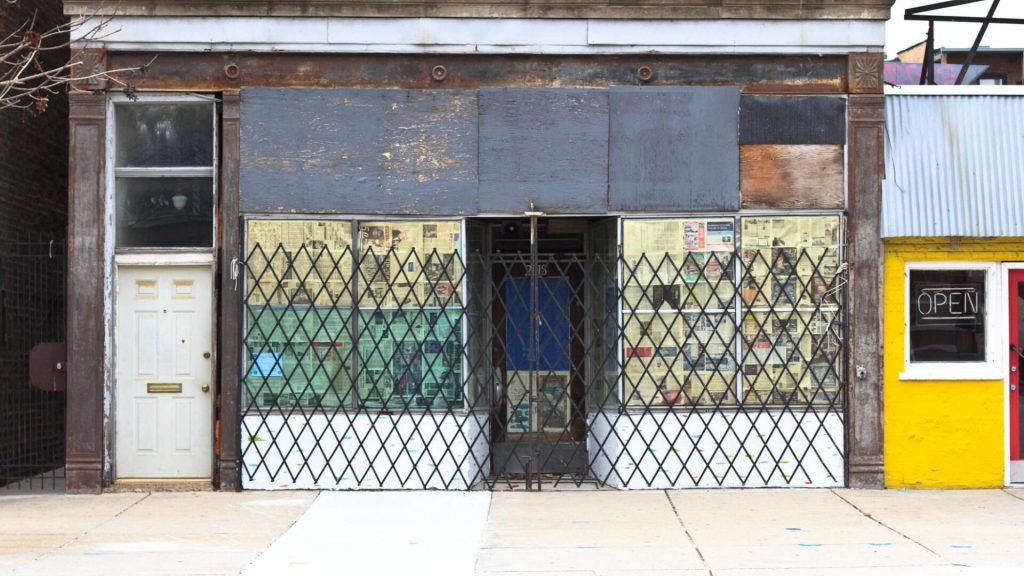
When it closes, many of these residents will be unable to get their basic necessities. For families depending on welfare, it’s the only way they can afford to take care of their children. The minimum wage hike only affected the workers at the bottom. Most of these families won’t see any extra income from wage hikes.
Reconsidering Shopping Strategies
The closure of these 99-cent stores has left a void in the marketplace. The customers that those stores have served for years now have to reconsider their shopping habits. Gone are the days when they could offset their grocery bills by picking stuff up at the neighborhood 99-cent store.
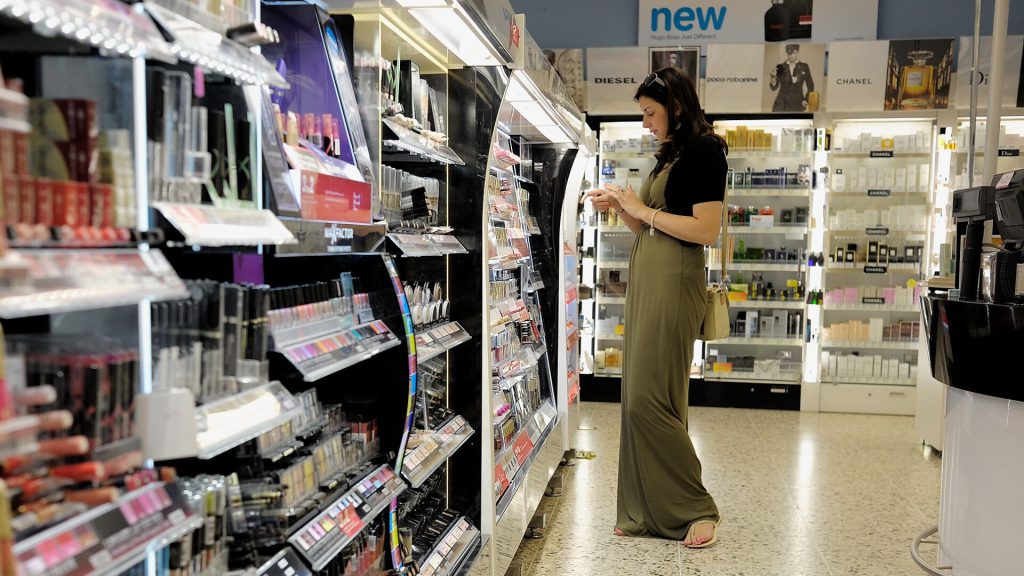
Now they’ll have to be extra careful how they spend their money. There might be an opening for a new dollar-cost store in California, but can any business survive on a business plan like that? In other states, it’s very likely. However, California is a special case.
California Is Not Business-Friendly
California has passed many laws over the years that make it exceedingly difficult to do business. As a state that seems to put the welfare of its citizens first, this doesn’t seem like a bad thing on the surface. It looks like the state is protecting its people against exploitation.
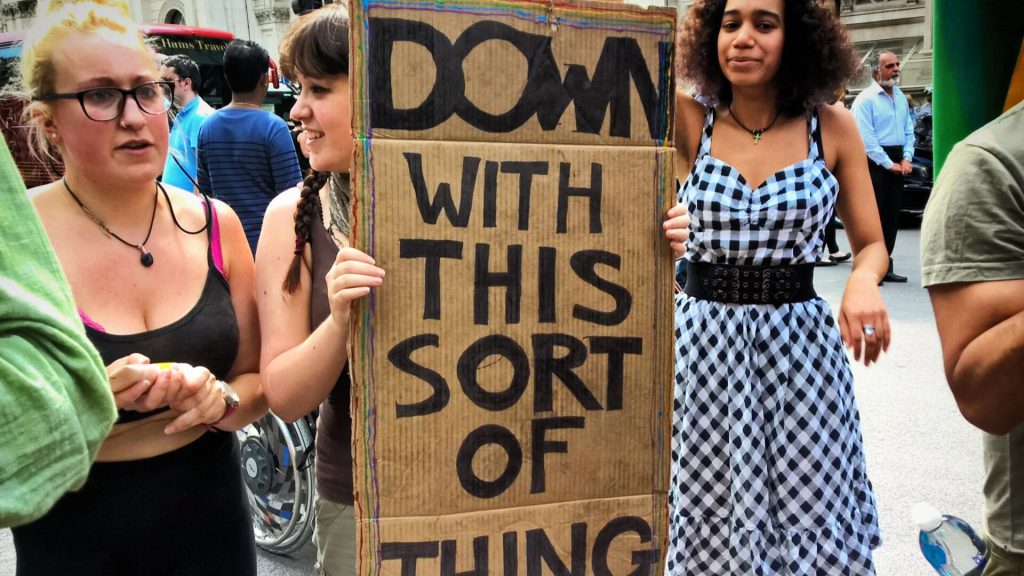
However, like many legislative decisions, this one gets rotten as soon as one bites into it. High taxes and minimum wage benefit the state by forcing both workers and employers to pay up. But companies simply can’t make a profit in such an atmosphere, so they leave.
Fewer Employers Mean Less Employed People
As larger businesses like the 99-cent store shut, people lose their jobs. However, that’s what the state’s social safety net is supposed to be for. California has the most well-funded social safety net in the entire country. However, the money for that funding had to come from somewhere.

With fewer employers and employees paying taxes, the state has to borrow more to fund its welfare programs. California is currently facing a debt crisis, along with homelessness and unemployment crises. All of these were due to bad legislative decisions.
Not Just Targeting Businesses
California’s unfriendliness towards businesses has started to extend toward individuals as well. Recent legislation has levied a tax on anyone living within the state with assets anywhere in the world, totaling over a million dollars. Naturally, these high-net-worth individuals have decided to leave and take their money with them.

Workers could do the same, except California has set up a law that forces them to pay to leave the state. Some argue that this move was unconstitutional, and the Supreme Court may strike it down in due time. But for now, Californians are stuck.
The Law Of Unintended Consequences Strikes Again
When California lawmakers considered raising the minimum wage, it was apparent they were thinking about helping the state’s poorest citizens. They didn’t want any of the extra things that happened to pass. Yet what they wanted was irrelevant. Their legislation made it nearly impossible for any low-income workers to hold onto a job.
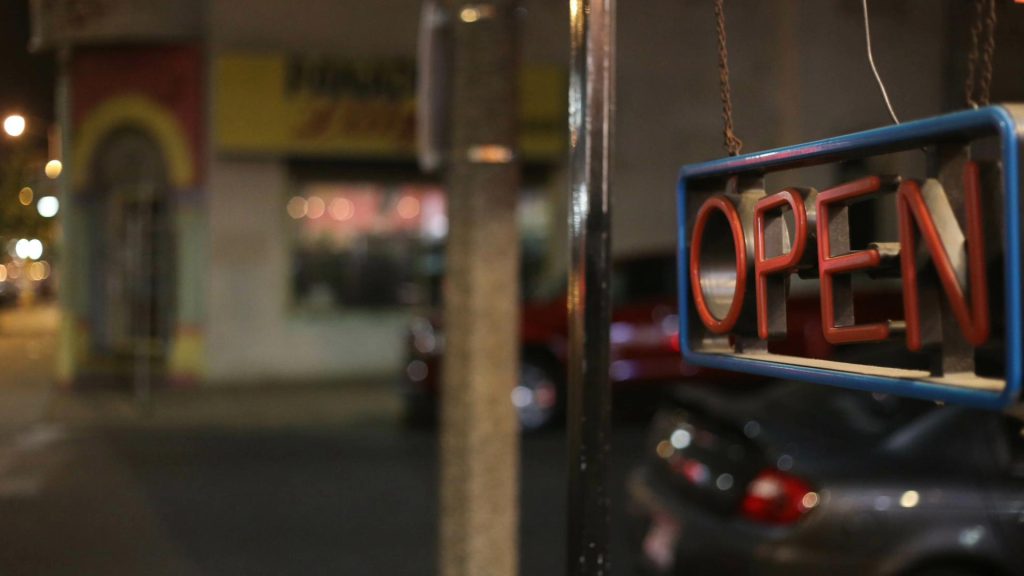
With more and more companies fleeing the state daily, Newsom’s legislation will likely stand out as one of the worst for the state. Instead of paying off the state’s debts, those laws have made it impossible for the poorest citizens to make ends meet.
What Can California’s Residents Do?
Without a 99-cent store to offset costs, residents will either have to find a way to make more money or hope that the government steps up to help them through more welfare programs. The former is a better approach than the latter since the state is already heavily in debt because of its welfare approach.

California’s problems seem to be worsening, and the residents are being held captive by its government. Newsom’s administration is making its legacy look even worse with every new legislative faux-pas.





